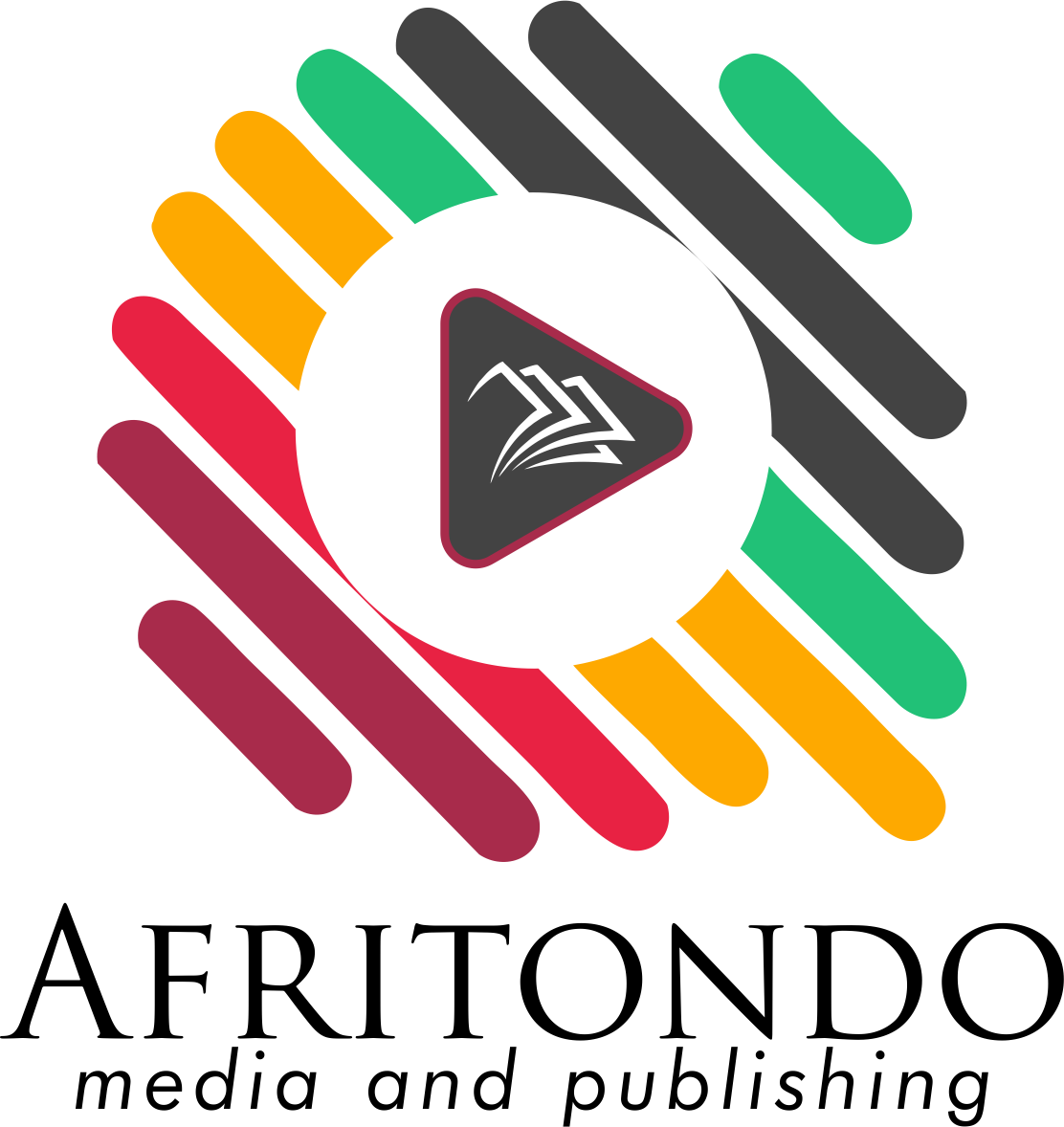Why are boxing’s heavyweight kings claiming Nigerian power?
Tyson Fury taking out his mouth guard after his knockout victory against Deontay Wilder.
Boxing aficionados are still reeling from shock and excitement following Tyson Fury’s recent masterclass against former WBC World Champion, Deontay Wilder. The seventh-round knockout earned Fury the World Boxing Council (WBC) and The Ring Magazine belts with many proclaiming him the number one heavyweight in the world.
Amidst the photo reel of body shots and knockouts, people also noticed an otherwise innocuous image. Tyson Fury had, throughout the fight, worn a ‘Nigerian’ mouth guard. Yes, his mouth guard was the lively green-white-green of the Nigerian flag and had the word ‘Nigeria’ clearly emblazoned on it.
Many analysts interpreted this as a call out to the other remaining heavyweight champion, Anthony Joshua, who is of Nigerian ancestry. But I think different. In recent years, all three heavyweight kings—Anthony Joshua, Deontay Wilder, and now, Tyson Fury—have made clear allusions to a Nigerian power, and it cannot be mere coincidence.
I’ll start with Joshua.
Now his may seem a little too obvious. Indeed, Joshua has Nigerian heritage—his mother is Nigerian and his father is of Irish and Nigerian descent. But it was only after his defeat to the Mexican Andy Ruiz, in June 2019, that Joshua decided to return to Nigeria, after a 17-year absence, in order to “reconnect with his roots”.
Joshua posted a picture of himself in July 2019 with the caption: “Water no get enemy - Fela Kuti 🇳🇬”
Many Nigerians, at the time, joked that Joshua was only returning to fortify himself and renew his spiritual powers. The rumours were not helped by Joshua visiting, amongst other places, the popular Afrika Shrine of the late Nigerian singer Fela Kuti. Indeed it was Fela’s ‘Water no get enemy’ that Joshua used for his ring walk in his rematch against Andy Ruiz.
We all know how that one went. Joshua pummelled Ruiz in a one-sided affair where the Mexican couldn’t even get close to his evasive (spirit?) opponent. Months after his victory, Joshua returned to Nigeria and wounded up at the Shrine again. Speaking to newsmen, he did not mince any words when he stated that his reconnection with Nigeria was the basis for his glorious comeback against Andy Ruiz.
Now fast-forward to Wilder.
The Alabaman Bronze Bomber is clearly American. However, in his Gloves Are Off face-to-face interview with Tyson Fury for their first fight, the hard-hitting American surprised fans when he revealed his “part Nigerian” heritage. Even more interesting was the manner and moment of this revelation.
Seconds earlier, Wilder was telling Fury that he would be facing a different fighter when they eventually met in the ring. Instead of Deontay Wilder, Fury would be coming face to face with the Bronze Bomber.
“Who is this Bronze Bomber?” Fury queried. “An alter ego?”
To which Wilder replied:
“It can be an alter ego. It can be a spirit. It may be an ancestral spirit too. Who knows? I’m part Nigerian too.”
The conversation takes place at the 10.53 mark.
Now it’s interesting to note that not only was Wilder claiming Nigerian roots, he also was linking those roots to his power— his Bronze Bomber status—his perceived invincibility.
It turned out to be an interesting fight with most neutrals giving Fury most of the rounds. But the Bronze Bomber struck twice, both times knocking Fury down. The twelfth-round knockdown was heavy but Fury, the self-acclaimed Gypsy King, rose to his feet to beat the count. Had it not been for the two knockdowns Fury would have clearly won the fight. He had landed more punches than Wilder but they just did not carry the same effect.
A rematch was agreed.
And it is here that I think Fury channelled his own Nigerian spirit.
Now, it is hard for Fury to assert any Nigerian heritage lineage. He most likely doesn’t need to. By wearing the Nigerian mouthpiece, Fury, I believe, was claiming the same Nigerian knockout power. And yes, he needed that power for his fight strategy to pay off. Fury had said, before the fight, that he was going to knock Wilder out. Of course, the Bronze Bomber did not take this threat from “pillow-fisted” Fury seriously.
“When was the last time you knocked someone out?” he mocked.
No one believed Fury could walk Wilder down, dominate him, and knock him out. For the pundits, it was either Fury won on points or Wilder by knockout. But the Gypsy King had other ideas. As soon as the bell sounded he jumped on Wilder throwing jabs, hooks, and one-twos. Wilder had never tasted the canvas in 43 professional fights but Fury ended that run in the third round. He did it again in the fifth when he knocked Wilder down with a ferocious body shot. By the seventh round, Wilder’s corner had had enough and threw in the towel. It was all over. The Bronze Bomber had been handed the first defeat of his professional career.
I believe Fury’s Nigerian mouthguard was a statement. A statement that he was now going to knock his opponents out. It couldn’t have been calling AJ out. No. That interpretation makes little sense in the context of the events of that night. Why would Fury call AJ out when there was a rematch clause in the contract mandating a third fight should the loser trigger it? Even in his victory speech, immediately after the fight, Fury made no mention of facing Joshua. He was very clear that, should Wilder trigger the clause, a trilogy fight would be next. When have boxers started using mouthguards to call out opponents?
Nah. Fury was simply channelling his ‘Nigerian’ knockout power. He was making a statement: whatever you guys—Joshua and Wilder— have in your fists that knock opponents out, I got it now!
ABOUT THE AUTHOR
Allwell Uwazuruike is an avid boxing fan. He is co-editor at Afritondo. He can be reached at auwaz@afritondo.com


